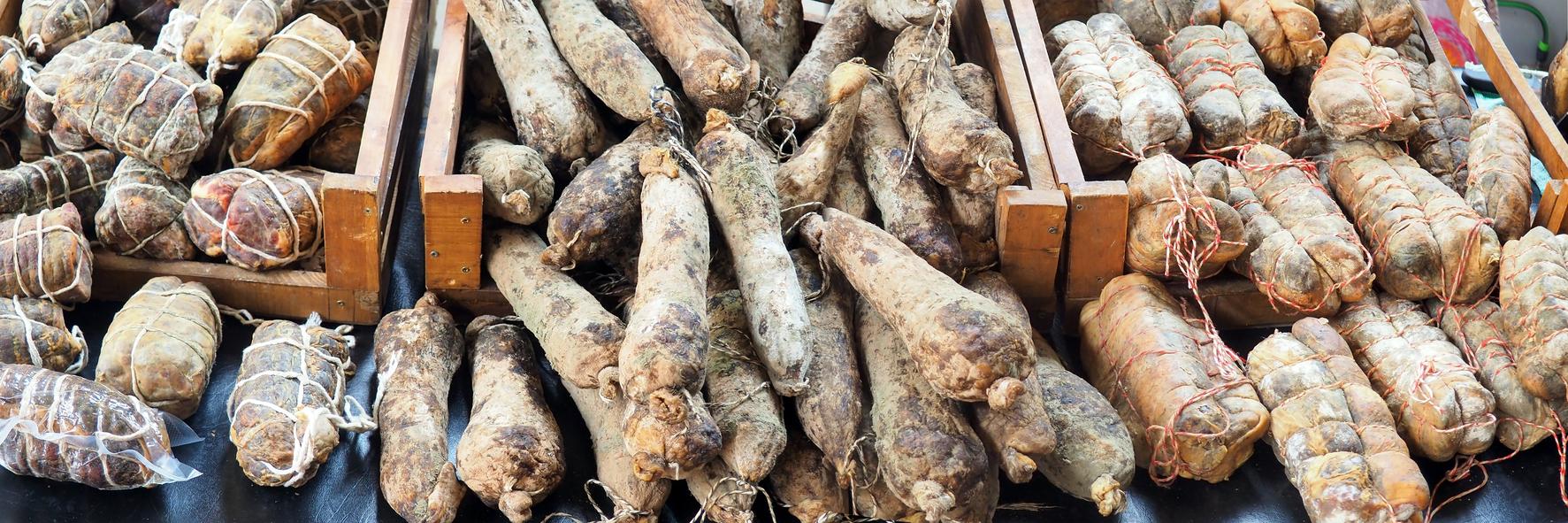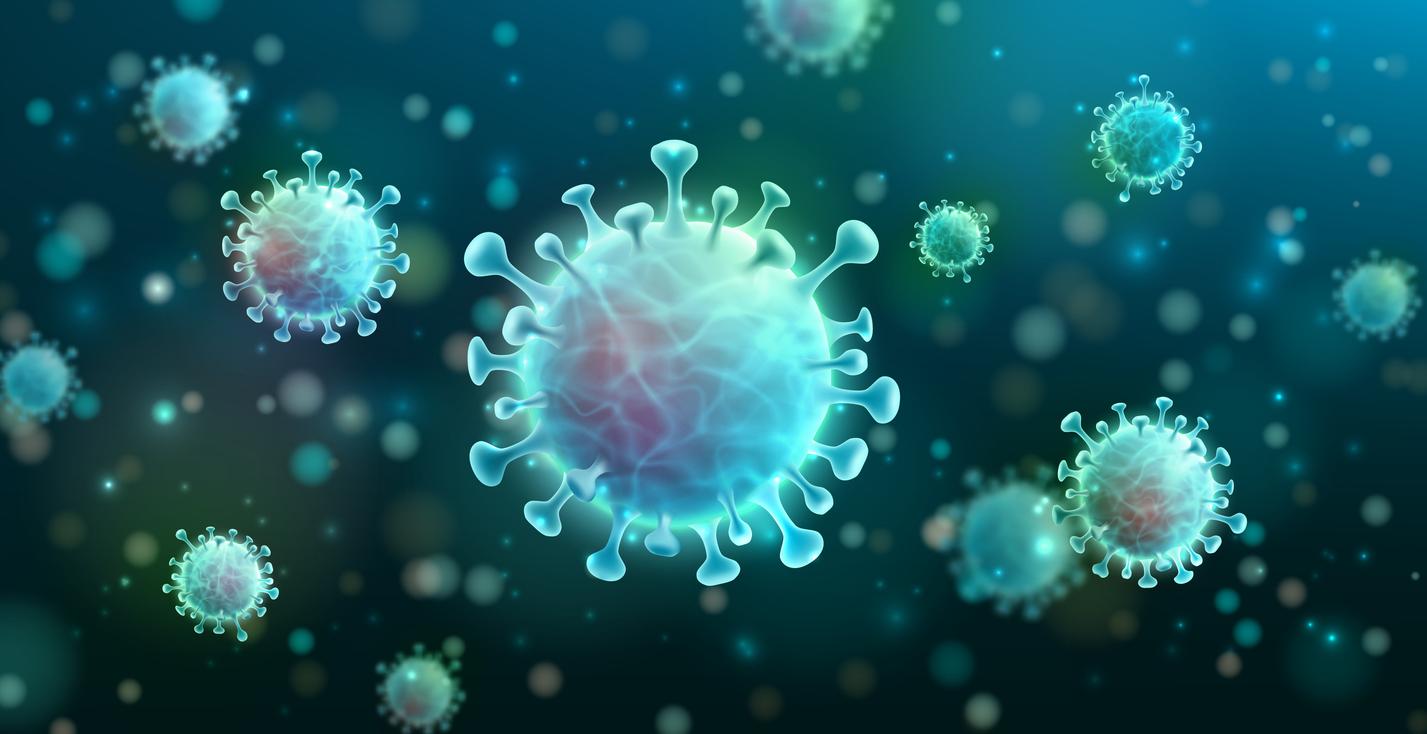Thanks to barrier gestures, masks and more frequent hand washing, cases of gastroenteritis have been very rare this winter.

- This year, the Sentinel Network estimated a cumulative incidence rate of gastroenteritis at 2,963 cases per 100,000 inhabitants.
- The age group most affected this winter was that of 0-4 years.
Public health France publishes the winter assessment of gastroenteritis in mainland France, marked by a historic drop in this disease never observed over the last 10 years.
1.6% of emergency room visits
From November 18, 2019 to April 13, 2020, gastroenteritis caused:
– 96,713 hospital emergency visits, i.e. 1.6% of emergency visits. “44.4% of passages for acute gastroenteritis concerned children under the age of 5”, note the experts.
– 144,499 SOS Médecins consultations for acute gastroenteritis, ie 8.7% of total consultations.
“Following the first containment introduced as part of the Covid-19 pandemic, very low levels of activity were recorded from week 13-2020”, details public health France. Indeed, the proportion of emergency visits for gastroenteritis fell sharply at the start of 2020 to reach historically low levels, and then stabilized at 0.5% of activity from April 2020. according to data from the Sentinel Network, the 2019-2020 winter season was characterized by the lowest cumulative incidence rate of cases of acute diarrhea seen in general medicine consultations over the last 10 seasons.
Watch out for the oysters
“This historic decrease in epidemic activity for acute gastroenteritis in France is most likely related to the measures introduced in the context of the Covid-19 pandemic (confinement, physical distancing, reinforcement of hand hygiene)”, analyze the experts. They add: “dSuch levels have not been observed over 10 years of retrospective data for all monitoring indicators.”
However, “a significant peak in activity was observed at the end of December 2019/beginning of January 2020, concomitant with a significant upsurge in collective food poisoning linked to the consumption of oysters”, warn public health experts.

.
















